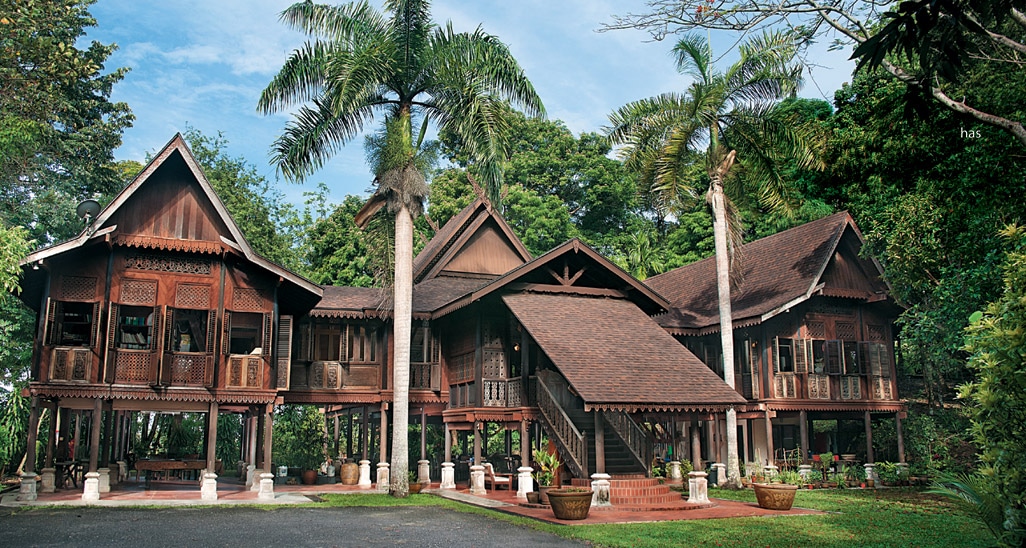Malaysia is looking to engineered wood products, including cross-laminated timber panels and glue-laminated timber beams, to meet the country’s surging demand for affordable housing.
The country has invested heavily in increasing housing supply, including the Malaysia People’s Housing Programme, which has added 500,000 houses “for middle-income Malaysians.”
In addition, the country’s ageing population has also increased demand for higher-density retirement and assisted living, with developers turning to build-to-rent development models to meet future supply.
Malaysian developers are already heavily invested in overseas build-to-rent developments, with UEM Sunrise partnering with Australian-based Greystar Real Estate Partners to develop 3000 units in inner city Melbourne.
“We see the potential for a substantial demand for BTR projects as people seek out more alternative housing options in addition to BTS projects,” according to UEM Sunrise CEO Sufian Abdullah.
Global developers are increasingly turning to mass timber for mid-rise build-to-rent developments, with Japanese powerhouse Sumitomo Forestry driving projects in the US, the UK and Europe.
In Sarawak, Samling is upgrading manufacturing to produce laminated veneer, cross-laminated timber, glulam and oriented strand board to meet local demand.
Samling was founded in 1963 by Sarawak businessman Yaw Teck Seng and is Malaysia’s largest timber conglomerate.
Listed on the Forest 500, the company is a significant player in the global plywood market and has property development interests in Southeast Asia, China, Russia and the USA.
In August, Samling was recognised for its commitment to diversification and value-added manufacturing as part of Sarawak’s ‘Timber 2.0 Strategy.’
The strategy is part of the Malaysian industry’s pivot towards high-value timber production.
“Engineered wood is cost-effective and eco-friendly,” according to Zainal Abidin Abdullah, the Chair of the Malaysian Timber Council.
Samling is one of several Malaysian timber companies collaborating with the University of Technology in Sarawak as part of the “Centre of Excellence in Wood Engineered Products for Housing and Construction Utilisation.”
The Centre acts as a “catalyst increasing the participation and engagement of the local timber industry and the local community in the heavy industries downstream timber production.”
Its innovations include “CLT Housing”, with the Centre now collaborating with industry to produce CLT for house construction “including walls, floors and rooftops.”
According to Mr Abdullah, using cross-laminated panels over concrete, steel, and aluminium is a vital part of the push by specifiers to decarbonise construction.
“This has led to an increase in the use of engineered wood among builders and architects for construction, furniture, flooring, packaging and in residential, commercial and industrial areas across the sector.”
“There is immense potential in engineered wood waiting to be fully tapped by the industry, so the conference was timely in charting the way forward and driving sustainability of the wood-based industry, including the engineered wood sector.”
Beyond mass timber, Malaysia is diversifying into bamboo plantation and production – with more than 11,640 hectares now committed to production.
Malaysia is looking to become a global hub for bamboo production and anticipates that bamboo investment will complement its extensive investment in hardwood timber plantations.






